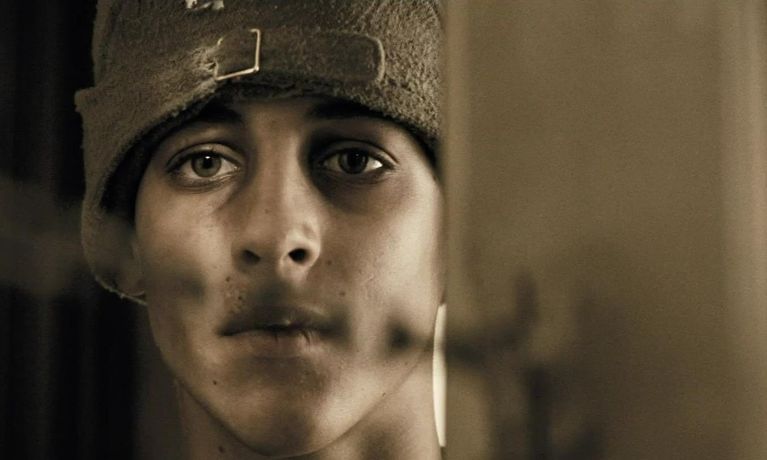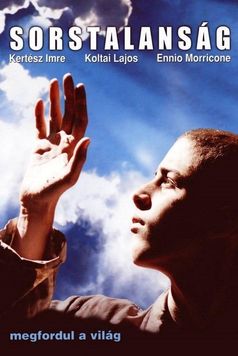
Fateless
You can close your eyes. You can turn away. But you will never forget.
You can close your eyes. You can turn away. But you will never forget.
Drama, War
-
2005
Add to Watchlist
Add to Seenlist
Add to Blacklist
Add to or remove from a custom list
An Hungarian youth comes of age at Buchenwald during World War II. György Köves is 14, the son of a merchant who's sent to a forced labor camp. After his father's departure, György gets a job at a brickyard; his bus is stopped and its Jewish occupants sent to camps. There, György find camaraderie, suffering, cruelty, illness, and death. He hears advice on preserving one's dignity and self-esteem. He discovers hatred. If he does survive and returns to Budapest, what will he find? What is natural; what is it to be a Jew? Sepia, black and white, and color alternate to shade the mood.
Director:
Cast:

Same Director
Details
Rated:
R
Runtime:
140 min
Release date:
10 Feb 2005
Country:
HU, DE, GB, IL
Languages:
English, German, Hebrew (modern), Hungarian, Polish, Yiddish
Budget:
$0
Revenue:
$0
Awards:
5 wins & 7 nominations.
Top Critics Reviews
fresh:
Epic in scope and imagery, the film is a haunting look at mankind's capacity for inhumanity, as well as survival.
– Bruce Westbrook,
Houston Chronicle,
24 Mar 2006
fresh:
Many of the images in Fateless are familiar, but they're presented so unsparingly, so uncloaked by emotion, they become freshly potent.
– Eleanor Ringel Gillespie,
Atlanta Journal-Constitution,
25 Mar 2006
fresh:
A reflection of how its main character comes to experience reality, as one small moment between what came before and whatever horror or happiness is yet to come.
– Kerry Lengel,
Arizona Republic,
20 Apr 2006
fresh:
Relatively few films touching on the Holocaust are worthy of their subject; this one is.
– Trevor Johnston,
Time Out,
4 May 2006
fresh:
Fateless looks man's inhumanity to man square in the eye and pronounces it standard operating procedure, and that may be the greater horror.
– Ty Burr,
Boston Globe,
2 Jun 2006

